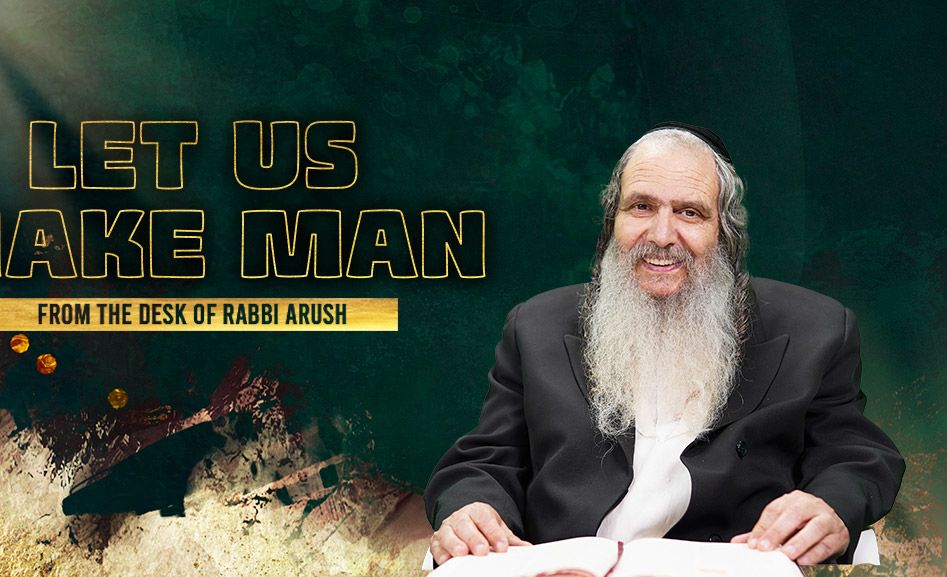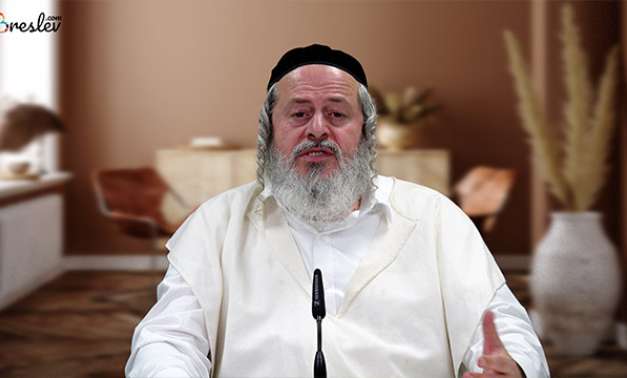
Think Before You Speak
Verbal abuse is even more serious than financial wrongdoing, because the former is often impossible to fix. Hashem personally metes out the punishment...

In the Torah (Parshat Behar), Hashem juxtaposes causing someone a monetary loss and verbal abuse – two distinct commandments that don’t seem to be connected enough to come one after the other. First, Hashem commands us to refrain from financial wrongdoing. Shortly thereafter we are told that we must not aggrieve one another with verbal abuse and evil speech. Hashem then warns that “you shall fear your God.”
The Sages of the Gemara posit that verbal wrongdoing is a more serious transgression than financial wrongdoing. This is because the injunction to fear God is included specifically after this verse. Why is this so?
Our Sages explain that monetary loss can be reimbursed or replaced. The mistake is relatively easily rectified. This is frequently not the case with verbal wrongdoing. Verbal abuse often causes pain that never heals. Therefore, verbal abuse should never be tolerated.
The Rabbis explain that this is a special interest item in the eyes of Hashem. He personally administers punishment without delegating to any intermediaries. Therefore, when you say something nasty, you are not just starting up with a person, you are starting up with Hashem! Not a wise idea.
Rabbi Elimelech Biederman recently recounted a true story that happened several years ago. There was a man who was not exceptionally bright. He was married to a woman who also was not very astute. Nevertheless, they were a perfect match. They had a happy marriage and were blessed with two young sons.
The wife’s parents lived in another city and the father-in-law wanted to send a package to his children. He went to the bus station to try to find someone who was going to their town and ask that person to deliver the package. He found someone who agreed to do so. He asked the person if he knew his son-in-law and the man said “oh yes, that meshugeneh (weird and crazy guy); I know him.”
The father-in-law was startled. “Meshugeneh?” He thought to himself. “I don’t want a meshugeneh for a son-in-law. I’m going to make sure that my daughter divorces him!” He then went home and succeeded in getting his wife to support this horrendous plan. Subsequently they spoke to their daughter and worked her into a frenzy, persuading her that divorce was an absolute necessity.
As things began to spin out of control, their local rabbi found out what was going on, and was aghast at this situation. He did everything he could to try to stop the divorce. When he was unable to make any progress, he turned to a very holy Sage who also tried to stop the runaway divorce train. Unfortunately, he too was unsuccessful and the couple parted ways.
Now three years later, Rabbi Biederman says that the two sons no longer observe Shabbat and do not wear a covering on their heads. All this occurred because someone said a few cruel, thoughtless and insensitive words. Moreover, Rabbi Biederman says that the person who caused this damage is probably not even aware of the harm that he caused!
In the book Shaarei Teshuva Rabbeinu Yonah says that we should contemplate all the damage that can be caused by careless talk and learn to fear our mouths. How can we remember to do this and make it a vital and continuous part of our decision-making process?
I recently saw a short powerful teaching that is easy to remember and highly effective. Speech should have three gates:
- Is it true?
- Is it kind?
- Is it necessary?
If the words you plan to use don’t meet all three of these criteria, it’s best to zip it!
Already in just a few weeks, observing these guidelines has saved me from slipping up several times. If we fulfill this teaching and follow the command of the Torah to fear Hashem before speaking, our words will not hurt. They will heal. They will not cause pain; they’ll create gain. The outcomes of our speech will be helpfulness, kindness, empathy, and blessings.
We know that the main cause of our continued exile is baseless hatred. By avoiding verbal abuse and engaging in positive speech, we can transform baseless hatred into Ahavat Yisrael (loving one another). This will surely evoke Divine compassion, greatly accelerating the end of our exile and the full redemption of our people, amen.












Tell us what you think!
Thank you for your comment!
It will be published after approval by the Editor.